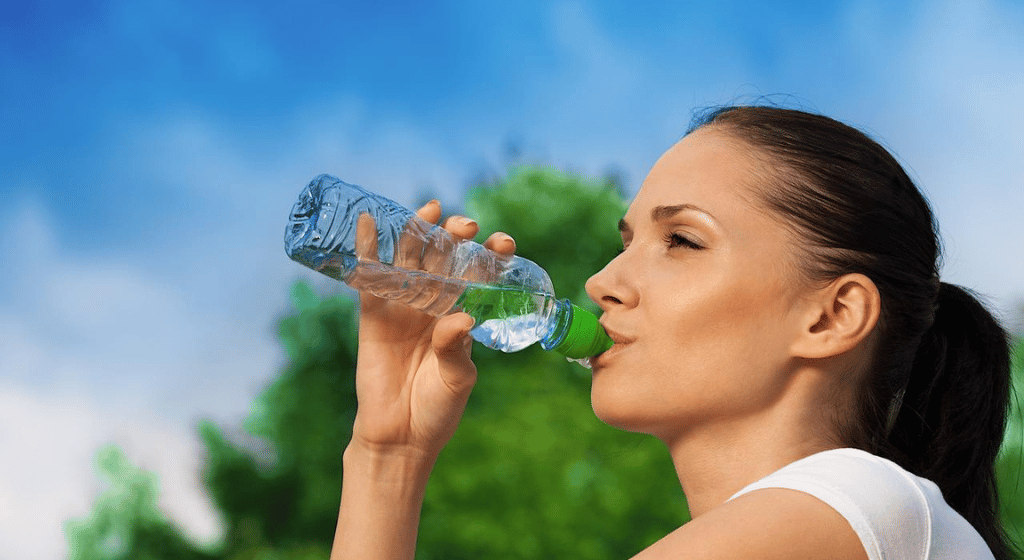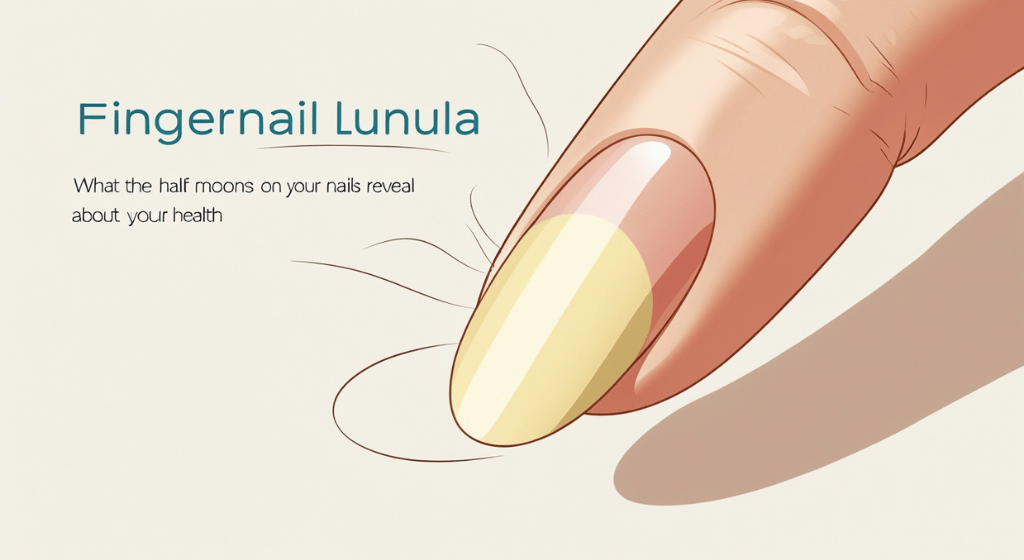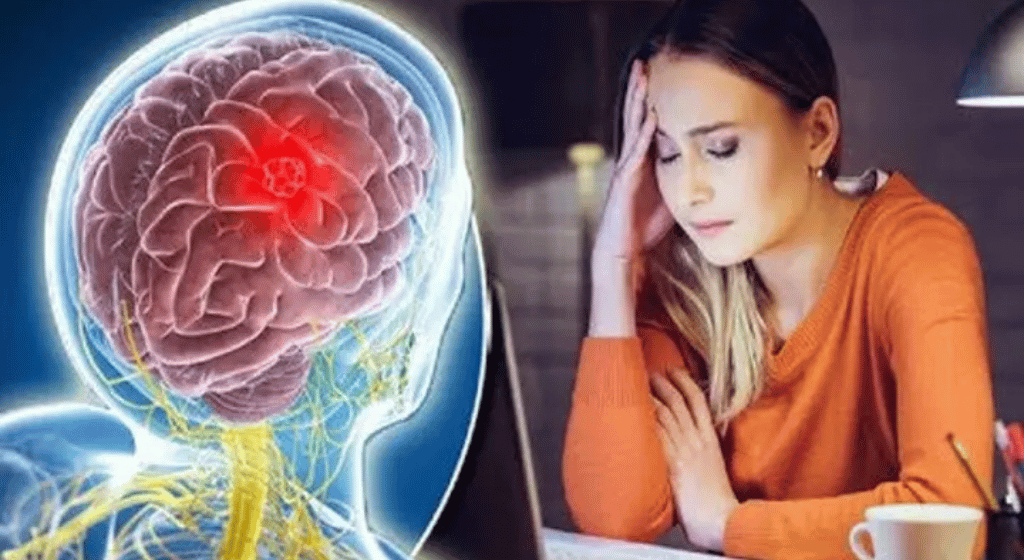8 signs that your body is not getting enough water
Staying adequately hydrated is crucial to overall health, and not drinking enough water can lead to dehydration. Here are eight signs that your body may be indicating a lack of adequate hydration:
Dark urine:
Dark yellow or yellow urine is a common sign of dehydration. When your body is well hydrated, urine tends to be a light yellow color. Dark urine indicates that your body is retaining water and you may need to increase your fluid intake.
Infrequent urination:
If you are not urinating regularly, it may be a sign of dehydration. Adequate hydration leads to frequent bathroom trips as your body gets rid of waste and excess fluid.
Dry mouth and thirst:
Dry mouth and constant thirst are two clear indicators that your body needs more water. Thirst is the body’s natural way of signaling dehydration.
Fatigue and lethargy:
Dehydration can lead to feelings of fatigue and lethargy. When you don’t get adequate hydration, your body has to work harder to perform its normal functions, which can lead to fatigue.
Headache and dizziness:
Dehydration can cause headaches and dizziness. Inadequate fluid levels reduce blood volume, resulting in decreased oxygen flow to the brain, which can lead to headaches and dizziness.
Dry skin and lips:
Inadequate water intake can lead to dry, flaky skin. In addition, your lips may become dry and cracked, which indicates a lack of hydration.
Muscle cramps:
Dehydration can contribute to muscle cramps and spasms. Proper hydration is essential to maintain electrolyte balance and prevent muscle problems.
Difficulty concentrating:
Dehydration can impair cognitive functions, making it difficult to concentrate and maintain focus. If you’re having trouble thinking clearly, it may be a sign that your body needs more water.
It is important to note that individual hydration needs vary and that factors such as climate, physical activity, and general health can affect the amount of water your body needs. If you are experiencing persistent symptoms of dehydration, it is recommended to consult a healthcare professional for personalized advice on maintaining appropriate hydration levels.



